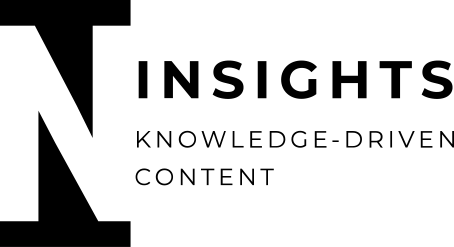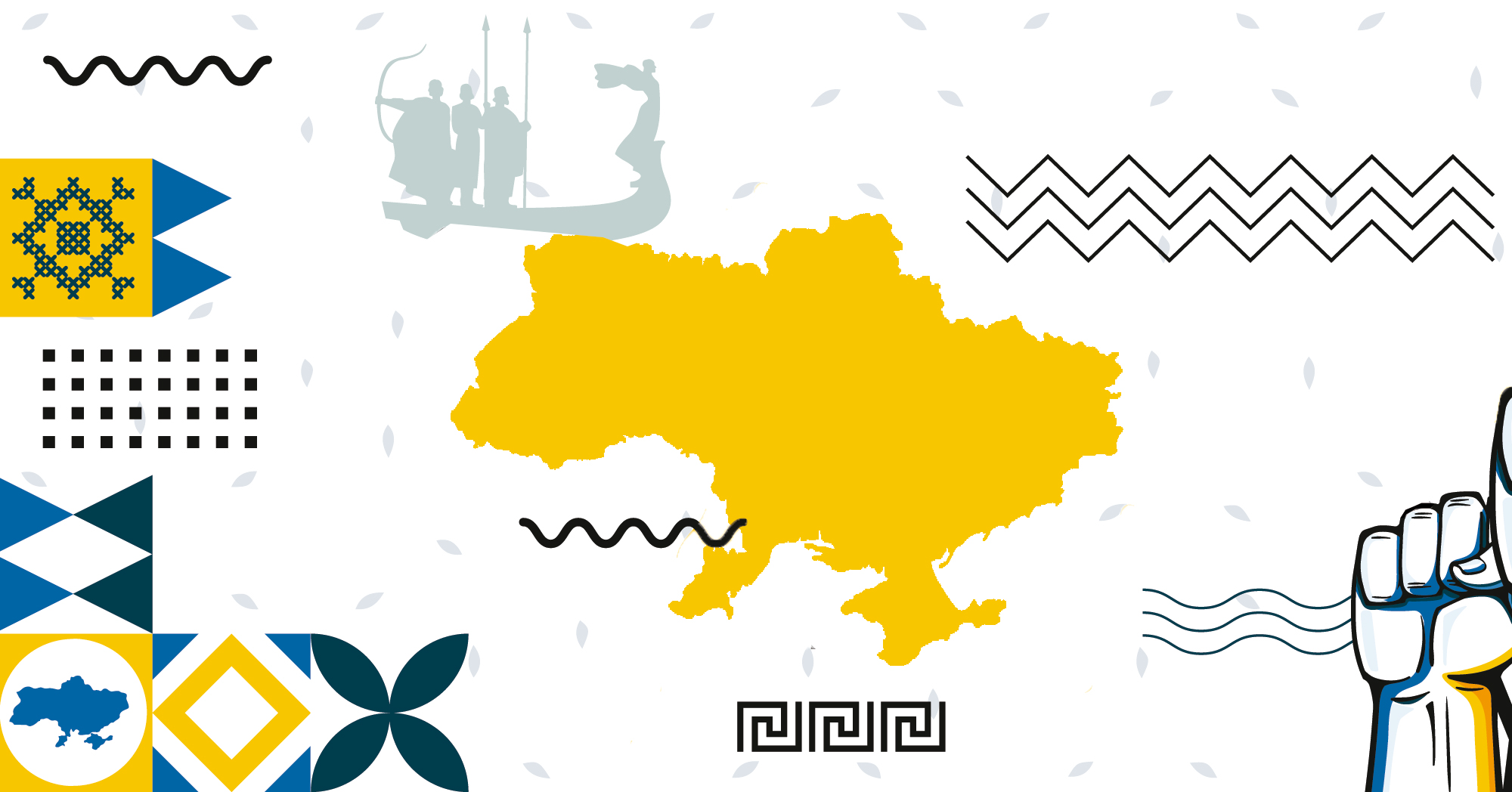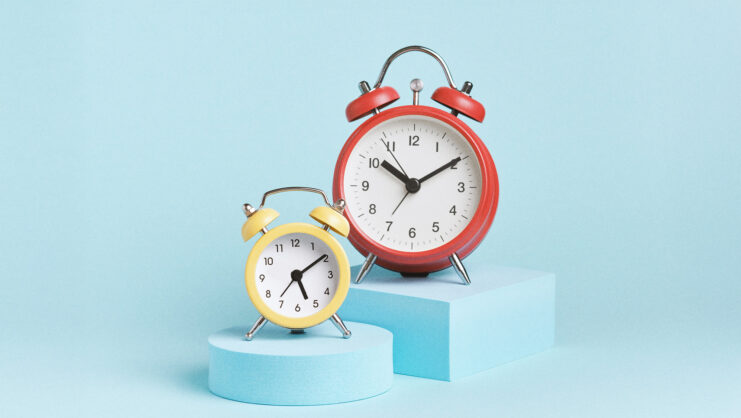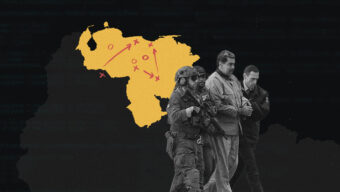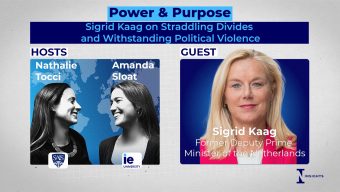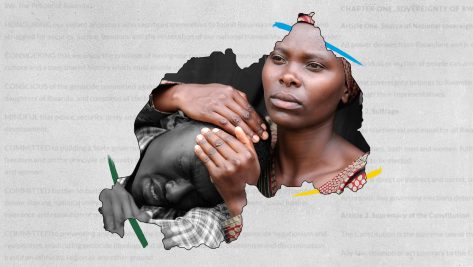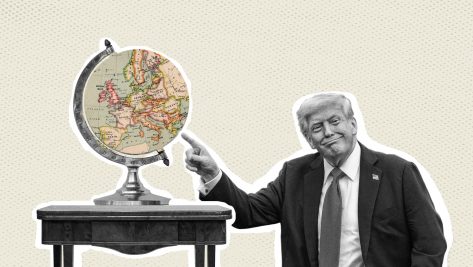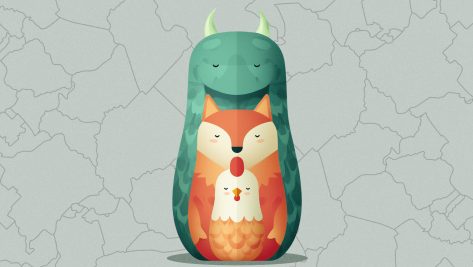“Know thy enemy and know yourself;
in a hundred battles, you will never be defeated.
When you are ignorant of the enemy but know yourself,
your chances of winning or losing are equal.
If ignorant both of your enemy and of yourself,
you are sure to be defeated in every battle.”
Sun Tzu, The Art of War
The bombardment of Ukraine that started on February 24, 2022 has revealed how painfully wrong we are about the supposed evils of the digital world. We tend to blame social media and big data for bad choices and wrong ideas when, in fact, as the Spanish adage goes, there isn’t a blinder person than the one who refuses to see – and for self-delusion access to the Internet is not a necessity. While the full moral responsibility of the actions unleashed that fateful day rests exclusively on Vladimir Putin, we have all been victims, and agents, of a series of catastrophic misconceptions that have taken us to this impossible point of no return: it is too late now for those already killed and for the places already destroyed. Probably the first misconception is that this war started in February of this year. What actually started a few days ago was the foreign invasion of a sovereign country; the war, so far a civil war, has been going on since 2014 when Russia invaded and annexed the peninsula of Crimea and the pro-Russian groups were armed by that very same country to wage war against their democratically elected government in the Donbas region. From that moment, and for the last eight years, there was a war being waged on European land, although most Europeans, if asked, would have said there was no war in Europe since the end of the Kosovo War. This one was just too far away.
Misconceptions, though, are a widely spread phenomenon. Vladimir Putin, for example, has for decades been under the misconception that both Ukraine and Belarus are parts of Russia, or the Greater Russia that his admired Aleksandr Solzhenitsyn (author of the famous Gulag Archipelago) coined as a term in his 1994 essay “The Russian Question at the End of the Twentieth Century.” Insisting on the old trope of the moral decay of Western Europe that has been in Russian thought since the fall of Constantinople in 1453 and that became popular among part of the Russian elites after the Napoleonic invasion, Solzhenitsyn (half Ukrainian by birth) described a Greater Russia as Slavic and Orthodox, a country that had to be restored after the independence of the non-Slavic republics of the USSR (that is, the Baltic, the Caucasus, and the Central Asian republics). Solzhenitsyn, like Putin, is not an imperialist, he is an ultra-nationalist, with the same formulation that Nicholas I’s Deputy Minister of National Education, Sergey Uvarov, articulated back in the 1830s as “Orthodoxy, Autocracy, and Nationality”. That is what Putin wants, and thus his obsession with the Russian ‘Lebensraum’ within the natural limits of the Slavic Orthodox people that no Western institution should violate, be it NATO or the EU, is perfectly explained.
This misconception is unfortunately supported by a few real factors. Firstly, the proximity of the languages: Ukrainian, Russian, and Belorussian all belong to the East Slavic sub-family of Slavic languages and they are quite close and perfectly intelligible with each other. Secondly, the presence of Orthodox Christians in all the three nations, despite the fact that the majoritarian Orthodox Ukrainian Church refused a long time ago to obey the Patriarch of Moscow, thus turning to the Pope in Rome, and founding the precursor of the Ukrainian Greek Catholic Church. Thirdly, Putin insists on claiming as Russian a vanquished state, Kyivan Rus’, which was liquidated in 1240 with the arrival of the Mongols to Kyiv, its capital.
This medieval polity, founded by a warrior Viking elite that arrived to the south of the river Dnieper to trade with the Byzantine Empire, became an official Christian principality when its ruler, Volodymyr of Kyiv, accepted Christianity together with the sister of the Byzantine emperor as his wife in 989. It expanded from the city of Novgorod, currently in Russia, to its capital in Kyiv, in the south, and from Brest, in Belarus, to Kursk, in Russia. It was liquidated by the Mongols and all their previous lands scattered among several contenders. Russia was one, Lithuania, and then Poland, was another. The first division of Ukraine between Poland and Russia along the Dnieper took place in 1667. When Poland was subsequently partitioned, most of the land of modern Ukraine ended up in Russian hands in 1795. Until the formal declaration of independence of Ukraine in 1991, after the demise of the USSR, the vast part of modern Ukrainian land was under Russia for less than two hundred years.
If there are modern states who should feel rightful heirs of Kyivan Rus’, it would be the three modern states of Ukraine, Belarus, and Russia, but none of them, neither in name nor in spirit, existed back then. Nevertheless, that did not stop President Putin from inaugurating a huge statue of Volodymyr in the center of Moscow in 2016, commemorating him as a founding father of the Russian nation. Putin wants his Slavic Orthodox Russia to be among the oldest nations in the world, and to be able to claim, as he did in an article published by himself last July, that Russians and Ukrainians are, at the end of the day, one single people. Without that excuse, he cannot justify the purported liberation he is conducting of Ukrainians.
Europe never wanted to think that the Russian Federation could have possibly desired anything but a European-style democracy.
The Russian President, however, has also been the victim of several misconceptions. He underestimated the resistance of the Ukrainians, who, far from welcoming him as he expected, have so far maintained a fierce resistance. He miscalculated the capacity of leadership of the Ukrainian President, Volodymyr Zelenskyy, a Kyivan of Jewish origin, who is widely backed by the international community. He miscalculated the opposition he was going to meet among his own population, from the oligarchs directly affected by international economic sanctions to generations of younger Russians who do not see him anymore as the charismatic leader who took over an economically crippled country back in 1999 and managed to lead it to previously unknown economic prosperity. Most importantly, Putin failed to see that it was precisely these linguistic, religious, and historic links that were going to be so difficult for the Russian population in general and the army in particular to ignore, for it does not feel the same to shoot a Chechen or an Afghan as it does a Ukrainian who could be your cousin or brother-in-law.
Ukraine has also experienced its own share of misconceptions. It believed that when Nikita Khrushchev transferred the peninsula of Crimea to the SSR of Ukraine in 1954, it was binding. It also believed that when it transferred its nuclear warheads in exchange for territorial integrity in an agreement signed with Russia, the US, and the UK in 1994, the discussion was finalized. It was further convinced that when Russia signed the 1997 Treaty on Friendship, Cooperation and Partnership of inviolability of mutual borders, Russia’s acceptance of the sovereignty of Ukraine over Crimea, in exchange for an extended lease of the naval base of Sevastopol to the Russian Navy, the treaty was binding.
Again, misconceptions are everywhere. Europe, always so sure of the moral and political values it represents, never wanted to think that the Russian Federation, like other former USSR Republics, could have possibly desired anything but a European-style democracy. Europeans believed this despite the bombardment of the Russian Parliament, the Duma, by President Yeltsin 1993, the wars in Chechnya in the 1990s, the assassination of critical journalists like Anna Politkovskaya in 2006, and the threats that followed the 2008 Bucharest NATO summit when Georgia and Ukraine expressed their desire to join, and even after the annexation of the peninsula of Crimea in 2014. During all this time, Europe happily bought Russian oil and gas, without looking for alternative ways of solving its energy dependency. Why? Because they believed Putin could still be outsmarted or, at least, appeased. Appeasement has not worked, it hardly ever does, really – it only postpones the difficult decision until it becomes unavoidable. More than 20 years of appeasement have not changed the plans of President Putin one inch, it just provided him with the funds to carry them out. And, when Europe started to become uncomfortable with Russia (even though the building of Nord Stream 2 continued) and was faced with the difficulties created by the Revolution of Dignity in Ukraine that threatened the supply of gas to Western Europe, Putin turned to China and India, that same year and immediately after annexing Crimea, in order to close agreements that would guarantee him new trading partners if Europe faltered.
Both China and India, who are the only real surviving members (along with Russia) of the once-promising club of the BRICS, thought that this was a great opportunity, as long as it did not have consequences in their dealings with the rest of the world. It seems there might be consequences now.
Sometimes plans fail for the most unexpected reasons. Nord Stream 2 should have been finalized before President Biden was sworn in, and a virus that started in China in the winter of 2019 changed all of our agendas, worldwide. Nothing goes according to plan anymore. For someone like Putin, who had been devising the revival of the Greater Slavic Orthodox Russia for decades, one can only imagine that such an upheaval of plans is more than upsetting. He has clearly entered into battle without knowing his enemy, neither the Ukrainians nor the re-united international community – and so, with this in mind, according to Sun Tzu, he would have the same chances of losing and of winning. But, the great question here, the only one left to be asked now, is how well does Putin know himself? In other words, to what extent are those who have kept him in power ideologically, politically, and economically over the last 20 years still willing to sacrifice themselves for their leader’s pursuit of nationalistic claims. How long will the Russians wait, whose hearts are being torn apart by this fratricidal war, before they truly feel that enough is enough? Churchill, once again, might be right: “Now this is not the end. It is not even the beginning of the end. But it is, perhaps, the end of the beginning.
© IE Insights.

